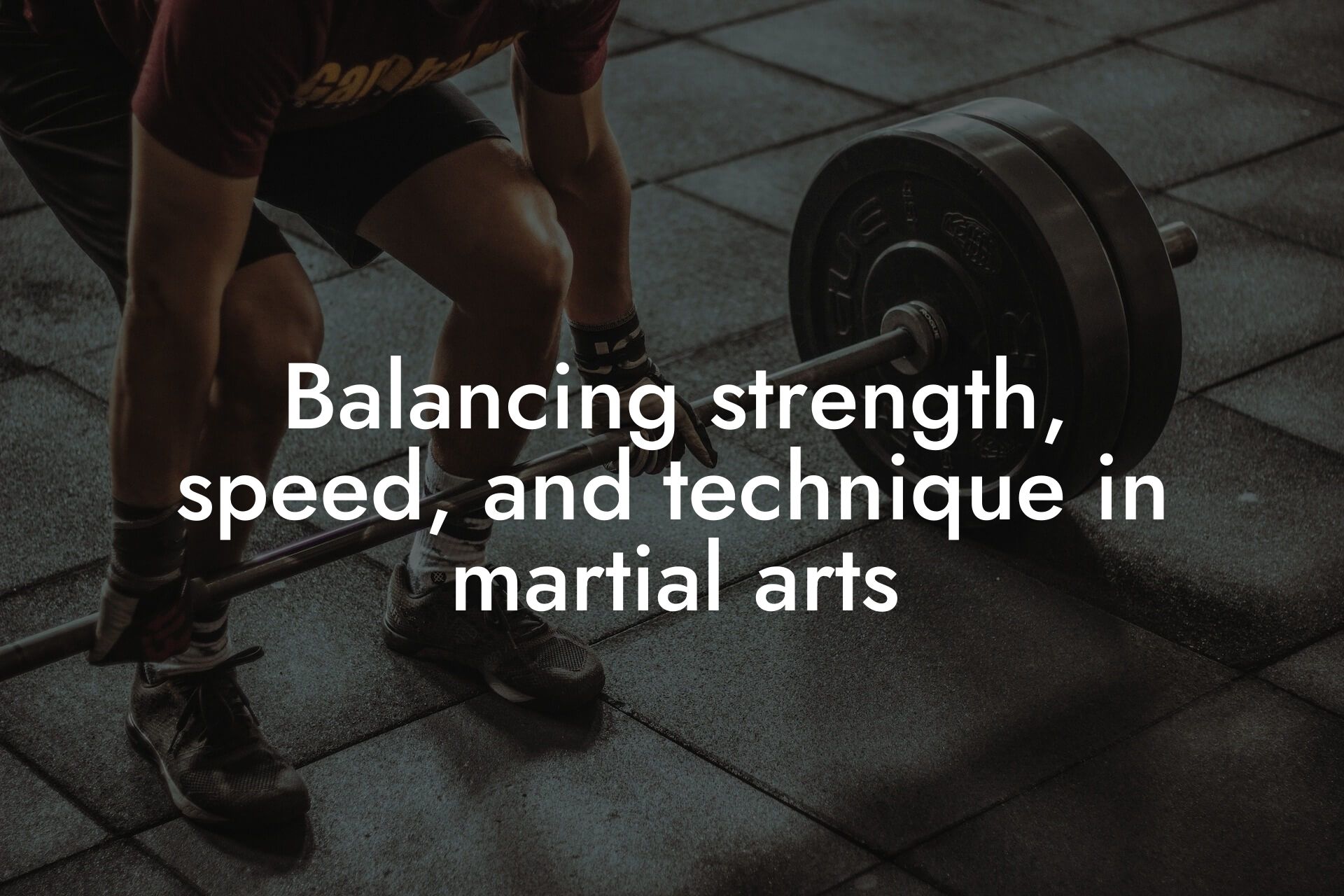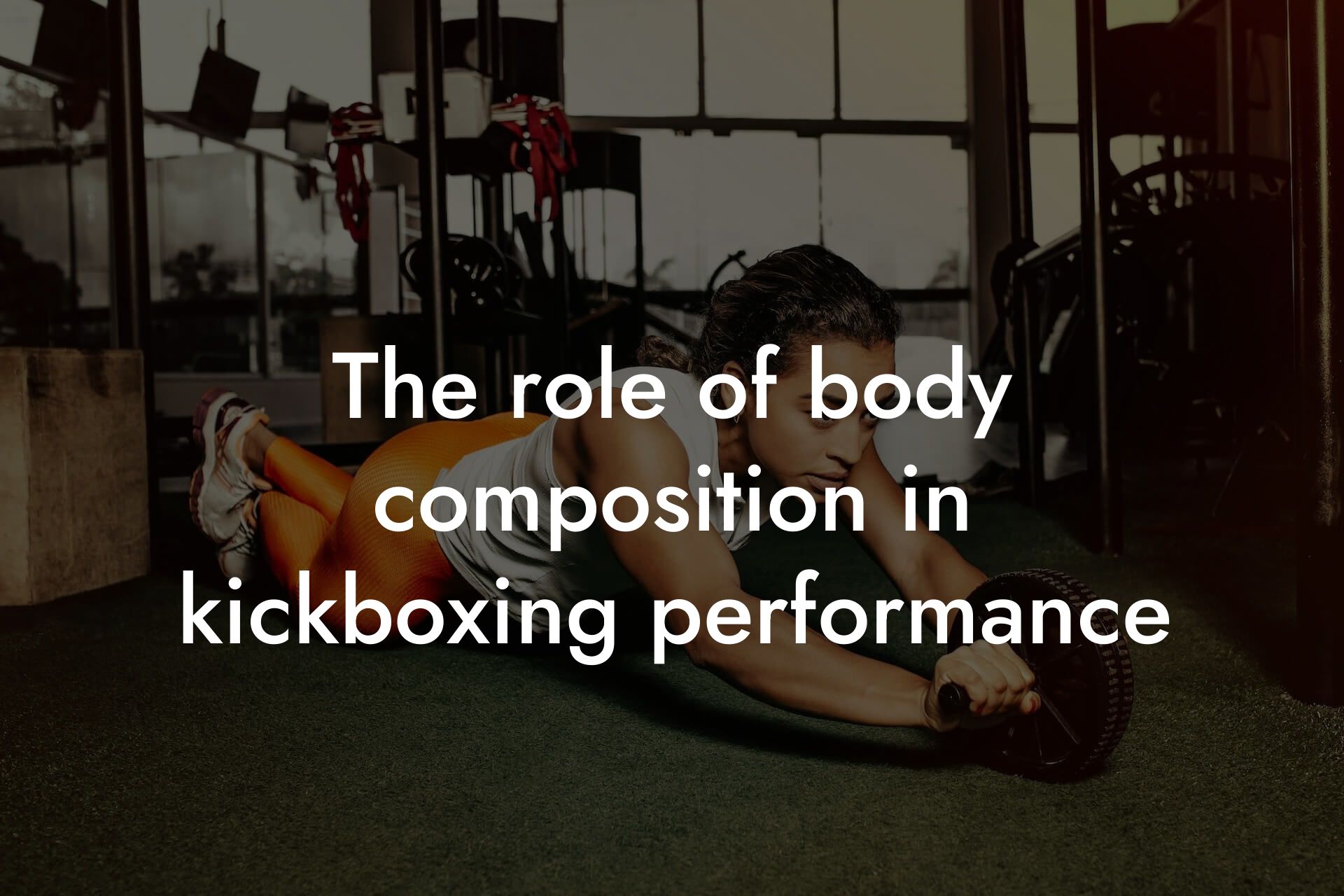As a martial arts practitioner, you understand the importance of fueling your body with the right nutrients to optimize your performance. A well-planned diet can make all the difference in your training, competition, and overall health. At Tano Performance Group, we're committed to helping high-earning professionals like you achieve their physical goals. In this article, we'll provide you with comprehensive nutrition tips tailored specifically to martial arts practitioners.
Table of Contents
Understanding Your Energy Needs
Martial arts training requires a significant amount of energy, which is derived from the food you eat. To determine your energy needs, consider the intensity and duration of your training sessions. A general rule of thumb is to consume 1.6-2.2 grams of protein, 2-3 grams of carbohydrates, and 0.5-1 gram of healthy fats per kilogram of body weight daily. For example, if you weigh 70 kilograms, aim for 112-154 grams of protein, 140-210 grams of carbohydrates, and 35-70 grams of healthy fats per day.
Macronutrient Breakdown
Protein is essential for building and repairing muscles, making it a critical component of a martial artist's diet. Focus on lean protein sources like chicken, fish, eggs, beans, and lean beef. Carbohydrates provide energy for your training, with complex carbs like whole grains, fruits, and vegetables being the best choices. Healthy fats, such as those found in nuts, seeds, and avocados, support hormone production and overall health.
Hydration and Electrolytes
Adequate hydration is crucial for martial arts practitioners, as dehydration can lead to fatigue, decreased performance, and increased risk of injury. Aim to drink at least 8-10 glasses of water per day, and make sure to consume electrolyte-rich foods like bananas, dates, and coconut water to replenish lost salts.
Meal Timing and Frequency
Meal timing and frequency play a significant role in optimizing your martial arts performance. Aim to eat a balanced meal with a mix of protein, complex carbohydrates, and healthy fats 1-2 hours before training. After training, consume a meal or snack with a 3:1 or 4:1 carbohydrate-to-protein ratio to aid in recovery. Space out your meals every 2-3 hours to maintain stable energy levels throughout the day.
Supplements and Ergogenic Aids
While a well-planned diet should be your primary focus, certain supplements and ergogenic aids can help enhance your performance. Creatine, beta-alanine, and branched-chain amino acids (BCAAs) are popular choices among martial artists. However, always consult with a healthcare professional or registered dietitian before adding any new supplements to your regimen.
Recovery Nutrition
Proper recovery nutrition is critical after intense martial arts training. Focus on consuming anti-inflammatory foods like turmeric, ginger, and fatty fish, which can help reduce muscle soreness and inflammation. Additionally, prioritize rest and sleep to allow your body to repair and adapt to the physical demands of martial arts training.
Common Nutrition Mistakes
Even with the best intentions, martial artists can make common nutrition mistakes that hinder their performance. Avoid overrelying on energy drinks and caffeine, which can lead to energy crashes and dehydration. Don't neglect your carbohydrate intake, as this can result in fatigue and decreased performance. Finally, be mindful of your protein intake, as excessive consumption can put a strain on your kidneys and liver.
Personalized Nutrition Planning
Every martial artist is unique, with individual nutritional needs and goals. At Tano Performance Group, we understand the importance of personalized nutrition planning. Our comprehensive body assessment using DEXA technology provides you with a detailed understanding of your body composition, allowing you to tailor your nutrition plan to your specific needs. By working with our team of experts, you can optimize your nutrition and take your martial arts performance to the next level.
Frequently Asked Questions
What are the nutritional needs of martial arts practitioners?
Martial arts practitioners require a balanced diet that provides adequate energy, protein, carbohydrates, and healthy fats to support their physical demands. A well-planned diet should include a mix of complex carbohydrates, lean protein sources, and healthy fats to maintain energy levels, support muscle growth and repair, and aid in recovery.
How many calories do martial arts practitioners need?
The caloric needs of martial arts practitioners vary depending on factors such as age, sex, weight, height, and activity level. Generally, martial artists require 2,500-4,000 calories per day, with a macronutrient breakdown of 55-65% carbohydrates, 20-25% protein, and 15-20% fat.
What are the best sources of protein for martial arts practitioners?
Lean protein sources such as chicken, fish, turkey, beans, lentils, and eggs are excellent options for martial arts practitioners. These foods provide essential amino acids for muscle growth and repair, while also being low in fat and calories.
Can martial arts practitioners follow a vegetarian or vegan diet?
Absolutely! With proper planning, a vegetarian or vegan diet can provide all the necessary nutrients for martial arts practitioners. Plant-based protein sources such as legumes, tofu, tempeh, and seitan can be used to meet protein needs, while whole grains, fruits, and vegetables provide carbohydrates and fiber.
How important is hydration for martial arts practitioners?
Hydration is crucial for martial arts practitioners, as even mild dehydration can impair performance and increase the risk of injury. Aim to drink at least 8-10 glasses of water per day, and make sure to drink water before, during, and after training sessions.
What are the best snacks for martial arts practitioners?
Snacks that are high in carbohydrates and protein, such as nuts, dried fruits, energy bars, and jerky, are excellent options for martial arts practitioners. These snacks provide a quick energy boost and can help support muscle recovery.
Can martial arts practitioners consume caffeine and energy drinks?
In moderation, caffeine and energy drinks can be beneficial for martial arts practitioners, as they can increase alertness and energy. However, excessive consumption can lead to dehydration, jitters, and an increased heart rate. Limit caffeine intake to 200-300mg per day, and avoid energy drinks that are high in sugar and artificial ingredients.
How can martial arts practitioners support their immune system?
A diet rich in fruits, vegetables, whole grains, and lean protein sources can help support the immune system of martial arts practitioners. Additionally, staying hydrated, getting adequate sleep, and managing stress can also help boost the immune system.
What are the best foods for recovery after a martial arts training session?
Foods that are high in carbohydrates and protein, such as bananas, yogurt, and lean meats, are excellent options for recovery after a martial arts training session. These foods help replenish energy stores, support muscle repair, and reduce muscle soreness.
Can martial arts practitioners consume supplements?
While supplements can be beneficial, it's essential to consult with a healthcare professional or registered dietitian before adding any supplements to your diet. Supplements such as protein powder, creatine, and branched-chain amino acids (BCAAs) can be helpful, but always prioritize a balanced diet.
How can martial arts practitioners maintain a healthy weight?
Maintaining a healthy weight requires a combination of a balanced diet and regular exercise. Focus on whole, nutrient-dense foods, and avoid processed and high-calorie foods. Additionally, incorporate strength training and cardiovascular exercises into your martial arts training to support weight management.
What are the signs of overtraining in martial arts practitioners?
Signs of overtraining in martial arts practitioners include fatigue, decreased performance, increased muscle soreness, and mood changes. If you're experiencing any of these symptoms, it's essential to take rest days, modify your training, and prioritize recovery.
How can martial arts practitioners reduce muscle soreness?
Muscle soreness can be reduced by incorporating stretching and foam rolling into your training routine, as well as consuming foods high in antioxidants and omega-3 fatty acids. Additionally, using recovery techniques such as compression garments, ice baths, and massage can also help reduce muscle soreness.
What is the role of carbohydrates in a martial arts practitioner's diet?
Carbohydrates provide energy for martial arts practitioners, and are essential for high-intensity training. Focus on complex carbohydrates such as whole grains, fruits, and vegetables, which provide sustained energy and fiber.
How can martial arts practitioners support their bone health?
A diet rich in calcium and vitamin D, along with regular exercise, can help support bone health in martial arts practitioners. Additionally, incorporating strength training exercises that target the bones, such as weightlifting, can also help improve bone density.
What are the best ways to manage stress as a martial arts practitioner?
Managing stress is crucial for martial arts practitioners, as excessive stress can impair performance and increase the risk of injury. Techniques such as meditation, deep breathing, and yoga can help reduce stress, while also improving focus and concentration.
How can martial arts practitioners stay motivated and focused?
Staying motivated and focused requires setting realistic goals, tracking progress, and celebrating small victories. Additionally, surrounding yourself with a supportive community, finding a training buddy, and rewarding yourself for milestones achieved can also help maintain motivation.
What are the benefits of martial arts training for overall health?
Martial arts training provides numerous benefits for overall health, including improved cardiovascular fitness, increased strength and flexibility, and enhanced mental focus and discipline. Additionally, martial arts training can also improve bone density, reduce stress, and boost the immune system.
How can martial arts practitioners balance their training with other aspects of their life?
Balancing martial arts training with other aspects of life requires prioritization, time management, and communication. Set realistic goals, schedule training sessions, and communicate with family and friends to ensure a healthy work-life balance.
What are the common mistakes martial arts practitioners make with their nutrition?
Common mistakes martial arts practitioners make with their nutrition include inadequate hydration, poor carbohydrate intake, and excessive protein consumption. Additionally, failing to plan meals, skipping breakfast, and relying on processed foods can also hinder performance and recovery.
How can martial arts practitioners get enough sleep?
Getting enough sleep is crucial for martial arts practitioners, as it aids in recovery, muscle repair, and mental focus. Aim for 7-9 hours of sleep per night, and establish a relaxing bedtime routine to improve sleep quality.
What are the benefits of incorporating strength training into a martial arts training program?
Incorporating strength training into a martial arts training program can improve overall strength, power, and speed, while also reducing the risk of injury. Focus on exercises that target the core, legs, and upper body, and incorporate plyometric exercises to improve explosive power.
How can martial arts practitioners stay flexible and mobile?
Staying flexible and mobile requires incorporating stretching and mobility exercises into your training routine. Focus on exercises that target the major muscle groups, and incorporate activities such as yoga and Pilates to improve flexibility and balance.
What are the signs of overreaching in martial arts practitioners?
Signs of overreaching in martial arts practitioners include decreased performance, increased fatigue, and mood changes. If you're experiencing any of these symptoms, it's essential to take rest days, modify your training, and prioritize recovery.
Here are some related articles you might love...
- Balancing strength, speed, and technique in martial arts
- How DEXA scans can benefit kickboxing athletes
- The role of body composition in kickboxing performance
- Strength and conditioning programs for kickboxing
- The role of kickboxing in cardiovascular health
- Reducing body fat for improved speed and agility in martial arts
- Recovery strategies for kickboxers after sparring sessions
- Bone density and its role in injury prevention in martial arts
- Maintaining muscle mass and flexibility in martial arts
Zak Faulkner
Zak Faulkner is a leading authority in the realm of physical health and body composition analysis, with over 15 years of experience helping professionals optimise their fitness and well-being. As one the experts behind Tano Performance Group, Zak has dedicated his career to providing in-depth, science-backed insights that empower clients to elevate their physical performance and overall health.
With extensive knowledge of DEXA technology, Zak specializes in delivering comprehensive body assessments that offer precise data on body fat, muscle mass, bone density, and overall physique. His expertise enables individuals to make informed decisions and achieve their fitness goals with accuracy and confidence. Zak’s approach is rooted in a deep understanding of human physiology, combined with a passion for helping clients unlock their full potential through personalised strategies.
Over the years, Zak has earned a reputation for his commitment to excellence, precision, and client-focused service. His guidance is trusted by top professionals who demand the best when it comes to their health. Whether advising on fitness programs, nutritional strategies, or long-term wellness plans, Zak Faulkner’s insights are a valuable resource for anyone serious about taking their health and fitness to the next level.
At Tano Performance Group, Zak continues to lead our Content Team revolutionising how professionals approach their physical health, offering unparalleled expertise that drives real results.




